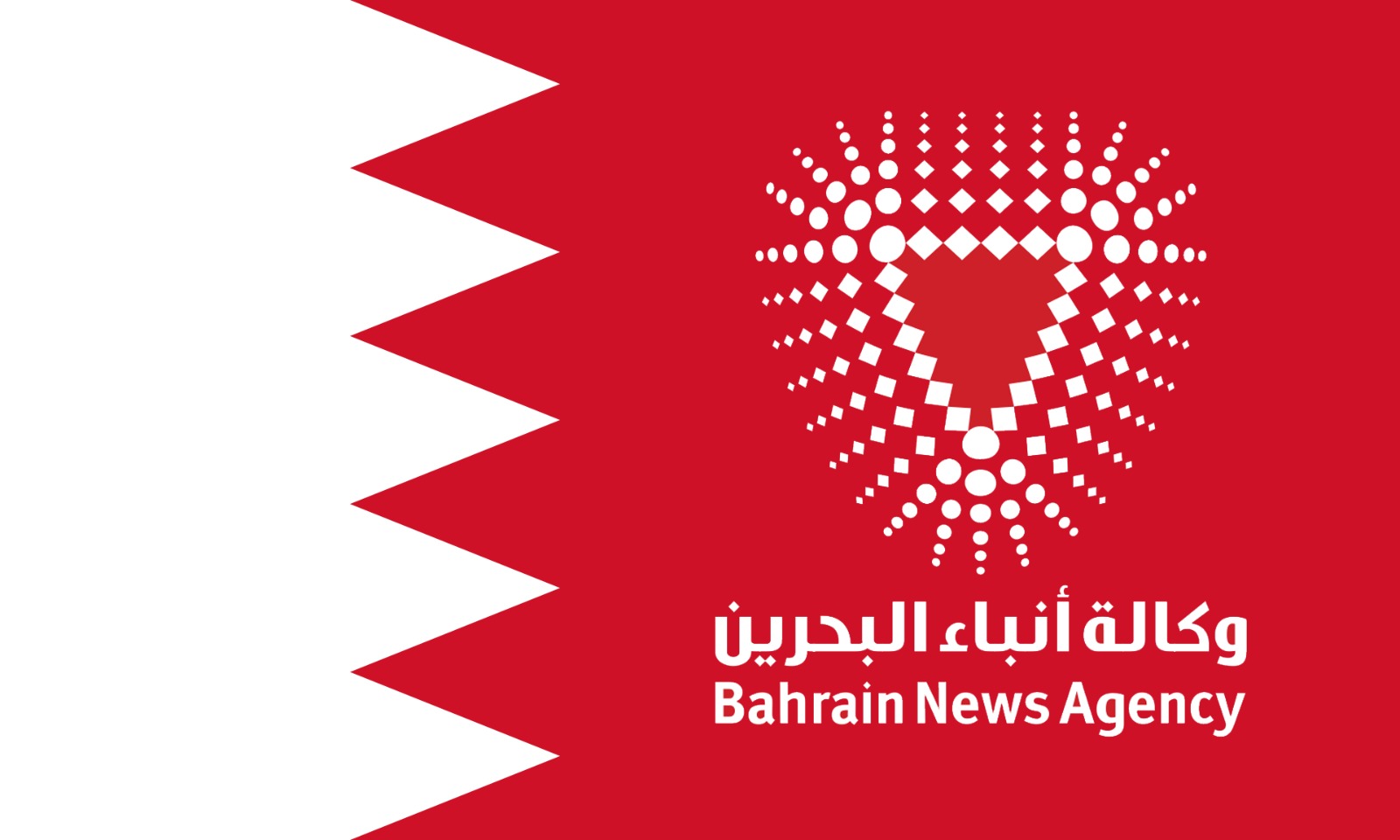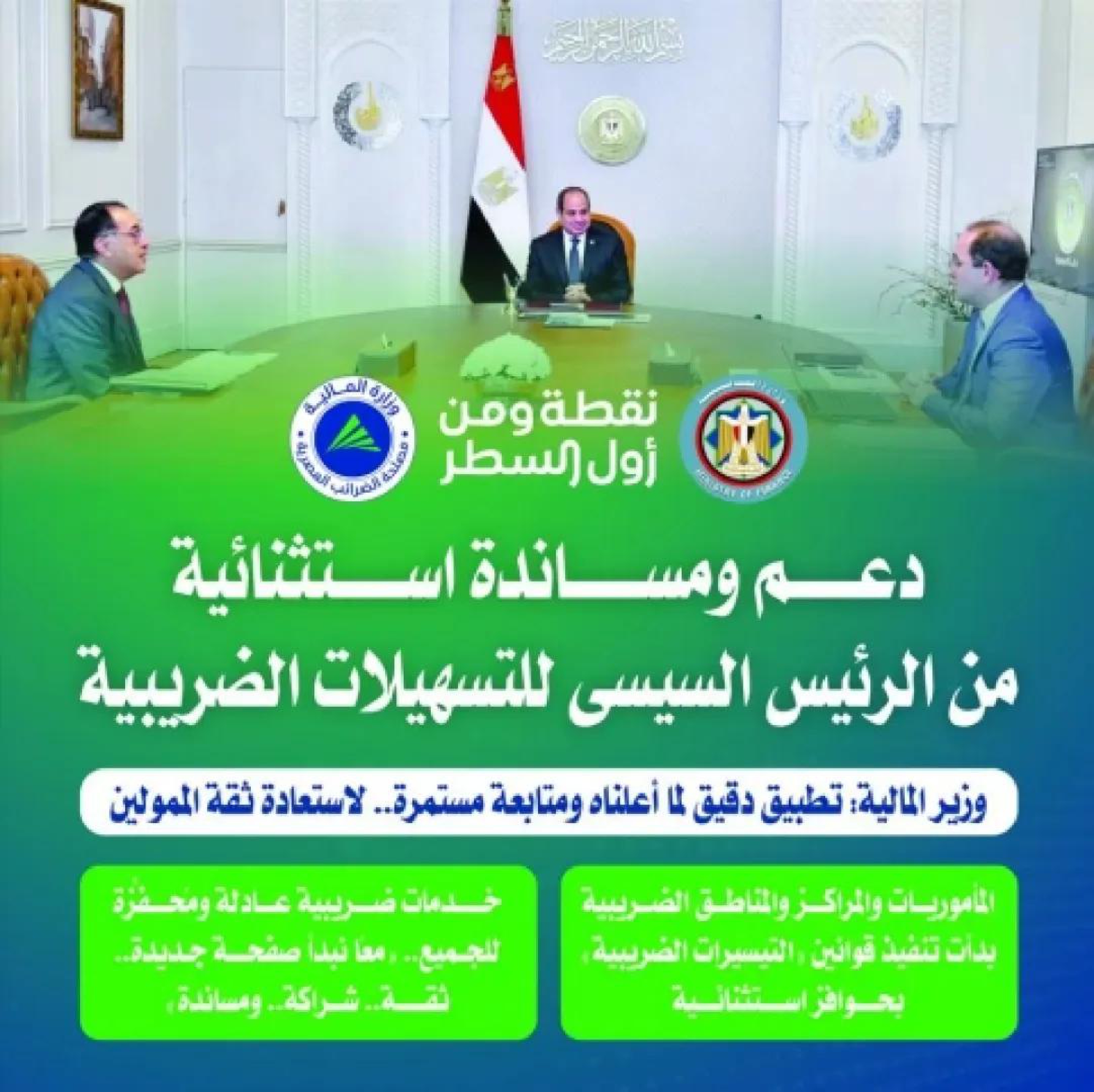CAIRO, May 19 (MENA) - CEO of the General Authority for Investment and Free Zones (GAFI) Hossam Heiba said the government is paying special attention to Chinese investments aiming to transfer Chinese technology to Egypt and generate labor-intensive employment, in addition to large scale of Chinese investments in many areas.
During a meeting Monday between the GAFI's chairman and Governor of China's Guangdong Province Wang Weizhong, who led a delegation that included representatives of the various government agencies in the province, Chinese companies interested in investing in the Egyptian market and Chinese companies operating in the Egyptian market, most notably Midea, Oppo, ZTE Communications and Information Technology and GAC Motor.
The two sides discussed investment cooperation agenda for the second half of 2025, featuring the Ministry of Investment and Foreign Trade's participation in the World Economic Forum in Tianjin, China on June 24 till June 26.
Meetings with the Chinese business community will then be held in Beijing and Shanghai. The Egyptian-Chinese Investment Forum is planned for Cairo next July, with the participation of Chinese Vice Minister of Commerce Wang Shouwen.
Preparations are also underway for participation in the China Import and Export Fair, to be hosted by Guangdong Province next October, with the participation of 60,000 economic institutions, in addition to numerous other events, said the GAFI's head.
Heiba added, "For example, the Authority plans to establish a complete Chinese textile city in Minya Governorate in cooperation with the China Textile Industries Federation, in accordance with the free zone system that supports exports. Three Chinese companies have also been granted the Golden License, which includes all the permits required to establish and operate companies: Haier, Midea and Shenfeng."
"The busy investment cooperation agenda between the two countries is due to several factors, most notably the political rapprochement between the two countries' leaderships, the attractive investment environment in Egypt, and the ongoing changes taking place in the global economy, which have led to changes in investment strategies around the world and the need to form new value-added chains. As a result, the Authority is receiving Chinese investment delegations at increasing rates to invest and explore investment opportunities in Egypt," he said.
According to data from GAFI, the number of Chinese companies operating in Egypt has reached approximately 2,800, with total investment costs exceeding dlrs 8 billion, including well-known brands in the Egyptian market, such as Oppo, Haier, Jushi, Midea, Teda, Huawei and Brilliance.
GAFI's CEO said, the Egyptian government aims to attract Chinese investments in the automotive, building materials, textiles, electronics, renewable energy, data centers, and artificial intelligence sectors.
For his part, governor of China's Guangdong Province emphasized depth of diplomatic and economic relations with Egypt, as the two countries have been bound by a comprehensive strategic partnership since 2014, the highest level of foreign relations.
Wang pointed out to Chinese President Xi Jinping's directives to enhance cooperation with Egypt.
He said, "Guangdong Province, in particular, alone controls one-fifth of Chinese trade with Egypt and the province's residents are the most in demand for Egyptian tourism."
Meantime, Wang suggested that the province host a permanent Egyptian cultural exhibition to support tourism between the two countries.
For his part, Feng Xingya, Chairman of GAC Motor announced the company's intention to invest dlrs 300 million to establish a car factory in Egypt to meet the needs of the local market and export abroad, as a result of support provided by the Egyptian government, led by Prime Minister Mostafa Madbouli for the automotive industry in Egypt.
For his part, Zhou Peng, CEO of ZTE Communications and Information Technology said, the company aims to expand in the Egyptian market and localize Chinese technology there, taking advantage of the high demand from Egyptian telecommunications companies to develop the telecommunications infrastructure.
For his part, Ma Noah Zhixiong, General Manager of Oppo Egypt said, since the company began investing in the Egyptian market in 2014, it has established two factories covering an area of more than 20,000 square meters, providing 1,000 job opportunities and producing 4 to 5 million phones annually.
He said the parent company aims to transform its factories in Egypt into the second major manufacturing center after China, to meet local market demand and export to countries in the region. (MENA)
S A S/M O H
OPEN// GAFI: Investment agenda between Egypt, China implemented in months
مصر/China/Investments/Economy
You have unlimited quota for this service





 ar
ar en
en fr
fr






